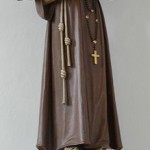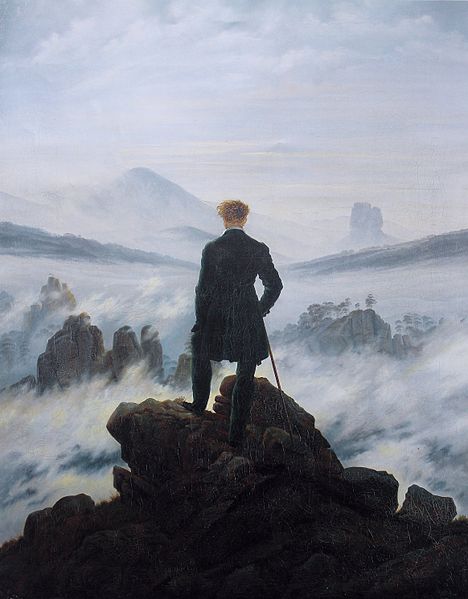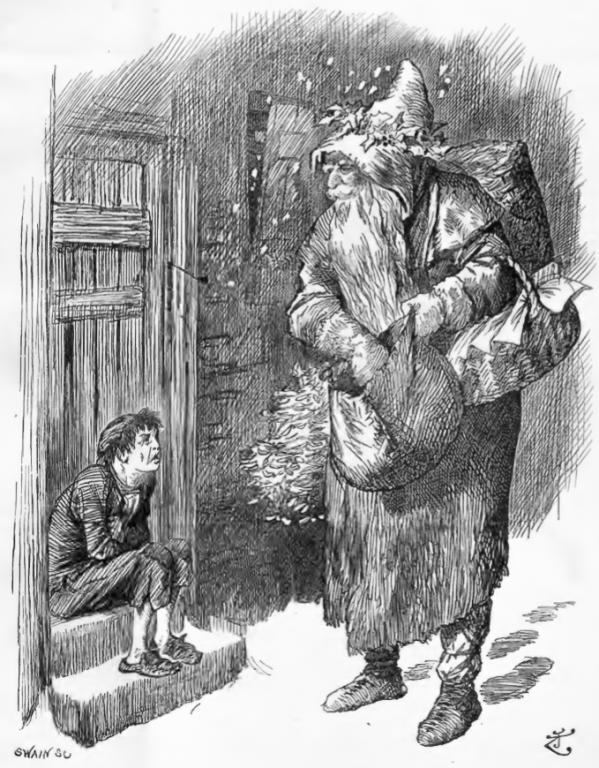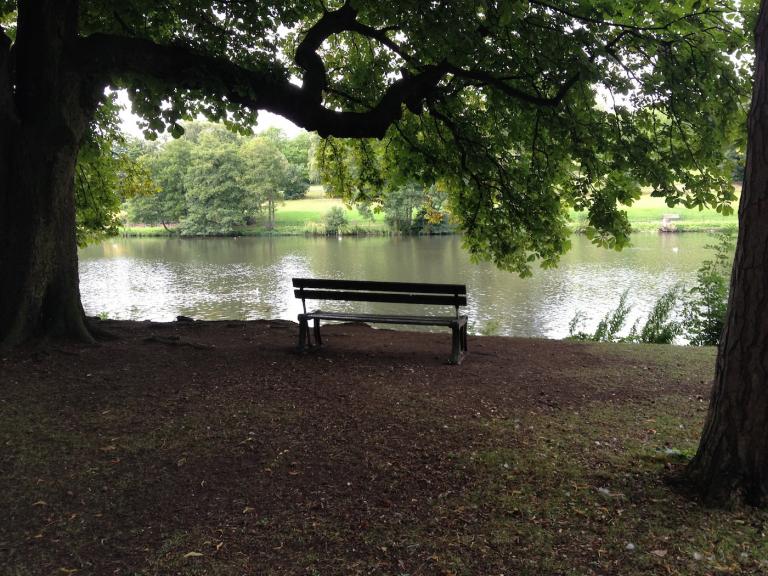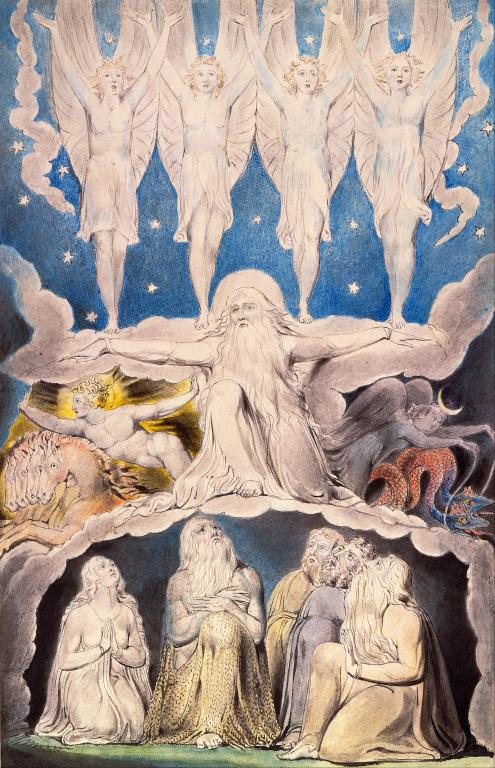David Russell Mosley
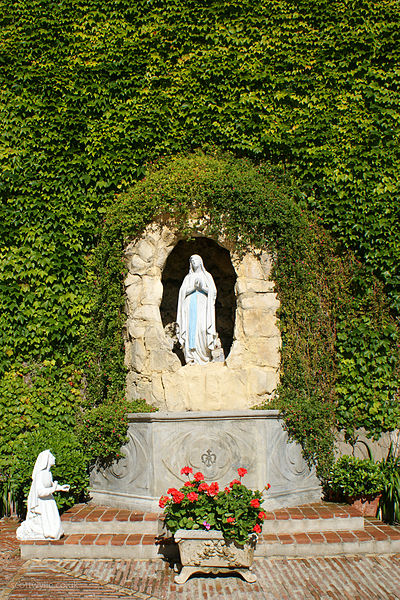
Description
Gibraltar St Bernadette shrine
Date 19 May 2008, 05:12:10
Source Flickr: Gibraltar
Author Scott Wylie
Scott Wylie
Ordinary Time
10 January 2017
The Edge of Elfland
Hudson, New Hampshire
Dear Readers,
I’m in the midst of reading James Martin’s My Life with the Saints for the Patheos bookclub. Through some miscommunication I got my book rather late in the game. So, rather than provide a proper review, I thought I would make sure to get a post up. It helps that I was just moved very much by one of the chapters.
The chapter in question, entitled “In the Grotto of Massabielle,” is about St. Bernadette Soubirous. While I had heard of Lourdes and knew that the grotto at Notre Dame University was made in imitation of the grotto at Lourdes I knew nothing else. Reading not only about the story of St. Bernadette, but of Martin’s time there with the Knights of Malta, I was nearly moved to tears (reading the account in a local coffeeshop helped keep my tears in check).
If you don’t know the story of St. Bernadette I recommend it. Even if you find yourself disinclined to believe it, I recommend it. What I noticed about Bernadette’s story, however, was the suffering that came along with her visions. Not, from what little I now know, that the visions themselves were a source of suffering, but the reactions she received from her family and from others. Institutional suffering often comes with being a mystic. After all, one is saying that one receives visions, even a kind of revelation, and this reminds us that God is not bound to work within the order of the institution, but may work in the lowest and weakest of us.
And yet, while the stories don’t mention it, I cannot help but wonder about the physical or emotional effect such mystical experiences have on the mystic. I have in my nearly 30 years had at least three mystical experiences. They were never of the nature of St. Bernadette’s, for I am not nearly holy enough to receive such visions. However, what I can say is that these events took a tole on me physically and emotionally when they have happened. My heart begins to race. It feels as though it will beat its way outside of my chest. I often feel a great pressure on my shoulders. Usually, I begin with my eyes closed, but open them––which has concluded the experience––because of a kind of intense brightness that fills my closed eyes. I remember before one such experience I had been praying to have one and afterwards feeling as though I should never ask for one again because the experience felt unbearable.
I am reminded too of Jacob and Moses. When Jacob wrestles the angel and the angel dislocates his hip, Jacob ends up walking with a limp. When Moses descends from the mountain he face shines so brightly that he has to cover it with a veil. While in Moses’ case, the experience caused him no pain the holiness he imbibed was painful to others. And this, I think, is part of the point.
We are still sinful. Even those of us washed in the waters of baptism are not yet deified. We have not yet been resurrected and so have not attained the end for which God made us. Therefore, we can only stand so long in his presence. After Moses asks to see God’s glory, God allows him to “see” him in some sense, but tells him that no one can see God and live. We are not yet ready to abide in God’s holiness and so the sheer blessedness the mystic experiences, I think, must come with complications. Perhaps I find the experiences so painful (although pain doesn’t really get at what I’m trying to describe) precisely because I am not holy enough even for the shadows I have been shown. Perhaps as I become holier whatever God chooses to bless me with will not be so difficult to bear. After all, many saints who seemed to have almost lived in heaven while on earth are said to have been particularly hale despite their scant diets and poor self-care. Still, that too must be a special grace, for fallen humanity is not yet ready for the fullness of God’s glory.
So, I will continue to pray that God show me things, but I will also pray to be made better capable of bearing them. Whatever the case, however, I will continue to ask for God to make his presence known to me. After all, it is far better to suffer from beatitude than it is never to have experienced even the smallest measure of it.
Sincerely,
David


